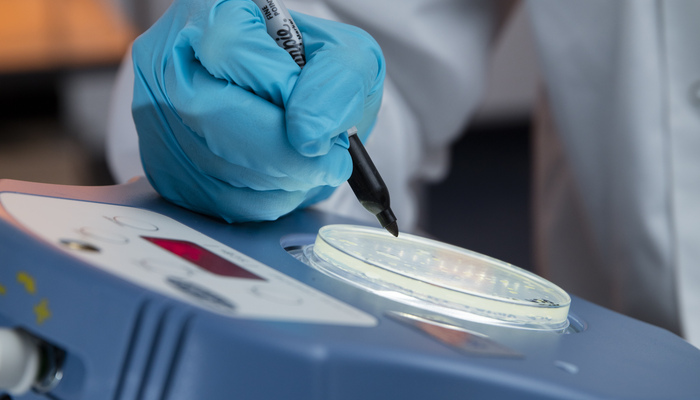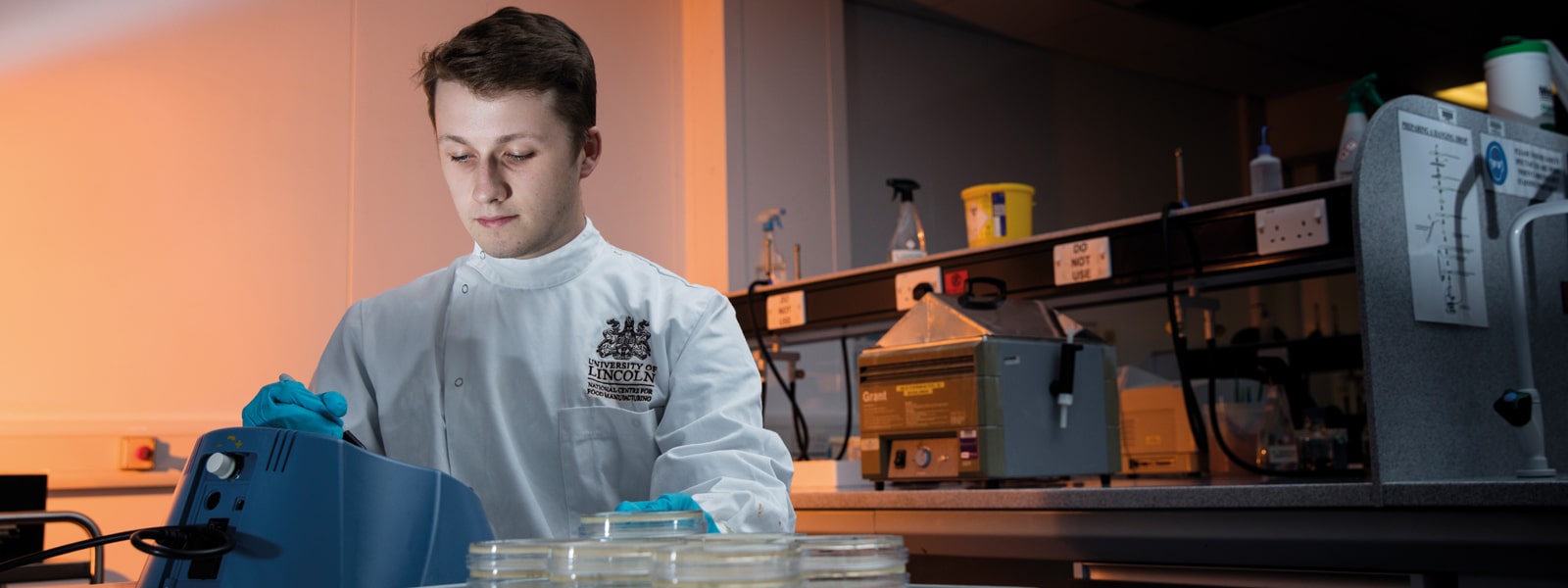Programme Overview
This MSc by Research in Food Science at University of Lincoln's National Centre for Food Manufacturing (NCFM) provides graduates with the opportunity to develop knowledge, understanding, and expertise in their chosen field of food science research.
Students will be provided with the opportunity to study the physical, biological, and chemical makeup of food; the causes of food deterioration; and the concepts underlying food processing. Students can gain the experience of applying chemistry, microbiology, nutrition, engineering to the study of food to improve the safety, nutrition, wholesomeness, and availability of food. They can develop broad skills in relevant areas of food analysis, food chemistry, food microbiology, product development, quality and safety systems, food manufacturing digitalisation (including robotics, artificial intelligence, machine learning and virtual /augmented reality, sustainability, and technical management.
Depending on their area of specialisation, students can develop ways to process, preserve, package, and /or store food according to industry and government specifications and regulations. A key aspect of the research experience will be exposure to the broad sweep of today's food science research.





